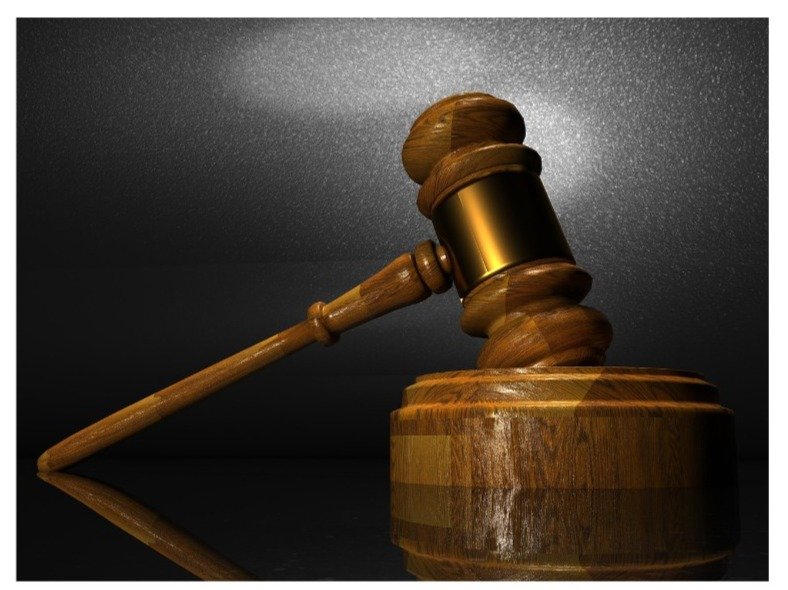The Challenges of Dealing with Insurance Companies After a Personal Injury
Dealing with insurance companies after a personal injury can be a daunting task. The process is often riddled with complexities and challenges that can leave even the most prepared individuals feeling overwhelmed. This blog post aims to shed light on the various hurdles you might face and provide actionable insights to help you successfully manage your interactions with insurance companies.
Understanding the Insurance Company's Objective
Insurance companies are businesses, and like all businesses, their primary goal is to make a profit. This often means they will employ various tactics to minimize the amount they pay out in claims. Understanding this objective is crucial for navigating your interactions with them effectively.
The Initial Contact
Once you've reported your injury, the insurance company will likely reach out to you. This initial contact can set the tone for the rest of your dealings. It's essential to be cautious about what you say, as anything can be used against you later. Stick to the facts and avoid speculating about fault or discussing the extent of your injuries.
The Role of Adjusters
Insurance adjusters are the individuals who will assess your claim. While they may seem friendly and sympathetic, remember that their job is to protect the interests of the insurance company. They are skilled negotiators trained to question your account and look for inconsistencies that could undermine your claim.
Documentation is Key
One of the most important steps you can take is to keep meticulous records. Document everything related to your injury, including medical bills, treatment plans, and any correspondence with the insurance company. This documentation will be invaluable if you need to escalate your claim or take legal action.
The Importance of Medical Evidence
Medical evidence is often the backbone of a personal injury claim. Ensure that you follow through with all medical treatments and keep detailed records of your visits. This not only helps substantiate your claim but also demonstrates that you are taking your recovery seriously.
Early Settlement Offers and Negotiations
Insurance companies may offer an early settlement to quickly resolve the claim and minimize their payout. While it might be tempting to accept, these offers are often significantly lower than what you may be entitled to. Consulting with a Personal Injury Lawyer in the middle of the negotiation process can help you understand the true value of your claim and whether the offer is fair. Negotiation is a critical phase in dealing with insurance companies. Be prepared for back-and-forth discussions and be ready to stand your ground. Having a clear understanding of your claim's worth and the supporting evidence can strengthen your negotiating position.
Common Tactics Used by Insurance Companies
Insurance companies often employ various tactics to weaken your claim. These can include delaying the process, disputing liability, and questioning the severity of your injuries. Being aware of these tactics can help you better prepare and respond effectively.
Legal Representation
In many cases, hiring a personal injury lawyer can be beneficial. Legal experts can provide valuable guidance, negotiate on your behalf, and ensure that you receive a fair settlement. They can also handle the complexities and legal jargon that often accompany insurance claims.
The Role of Independent Medical Examinations
Insurance companies may request an independent medical examination (IME) to verify your injuries. While this may seem routine, the doctors conducting these exams are often chosen by the insurance company and may downplay your injuries. Being prepared and understanding your rights can help ensure that the IME does not adversely affect your claim.
When to Consider Litigation
If negotiations stall or the insurance company refuses to offer a fair settlement, pursuing litigation may become necessary. This process can be lengthy, often spanning several months to even years, and it might also introduce additional stress and uncertainty into an already challenging situation. However, sometimes, the only way to secure the compensation you deserve is to take your case to court. Before making this decision, it's crucial to do a thorough evaluation with your lawyer regarding the strengths and weaknesses of your case. They can provide insight into how likely you are to succeed at trial based on the evidence you’ve collected, as well as the nature and extent of your injuries. Moreover, litigation can also be an effective way to hold the insurance company accountable for its tactics and ensure that you receive not just monetary compensation, but also validation of your experience. Weighing the pros and cons of going to court is critical, as this path may also lead to a more substantial settlement offer from the insurance company once they see you are serious about pursuing your claim.
Dealing with insurance companies after a personal injury is undoubtedly challenging. However, understanding the process, keeping thorough records, and seeking professional advice can significantly improve your chances of securing a fair settlement. Remember, the goal is to ensure that you receive the compensation you need to recover fully and move forward with your life.





